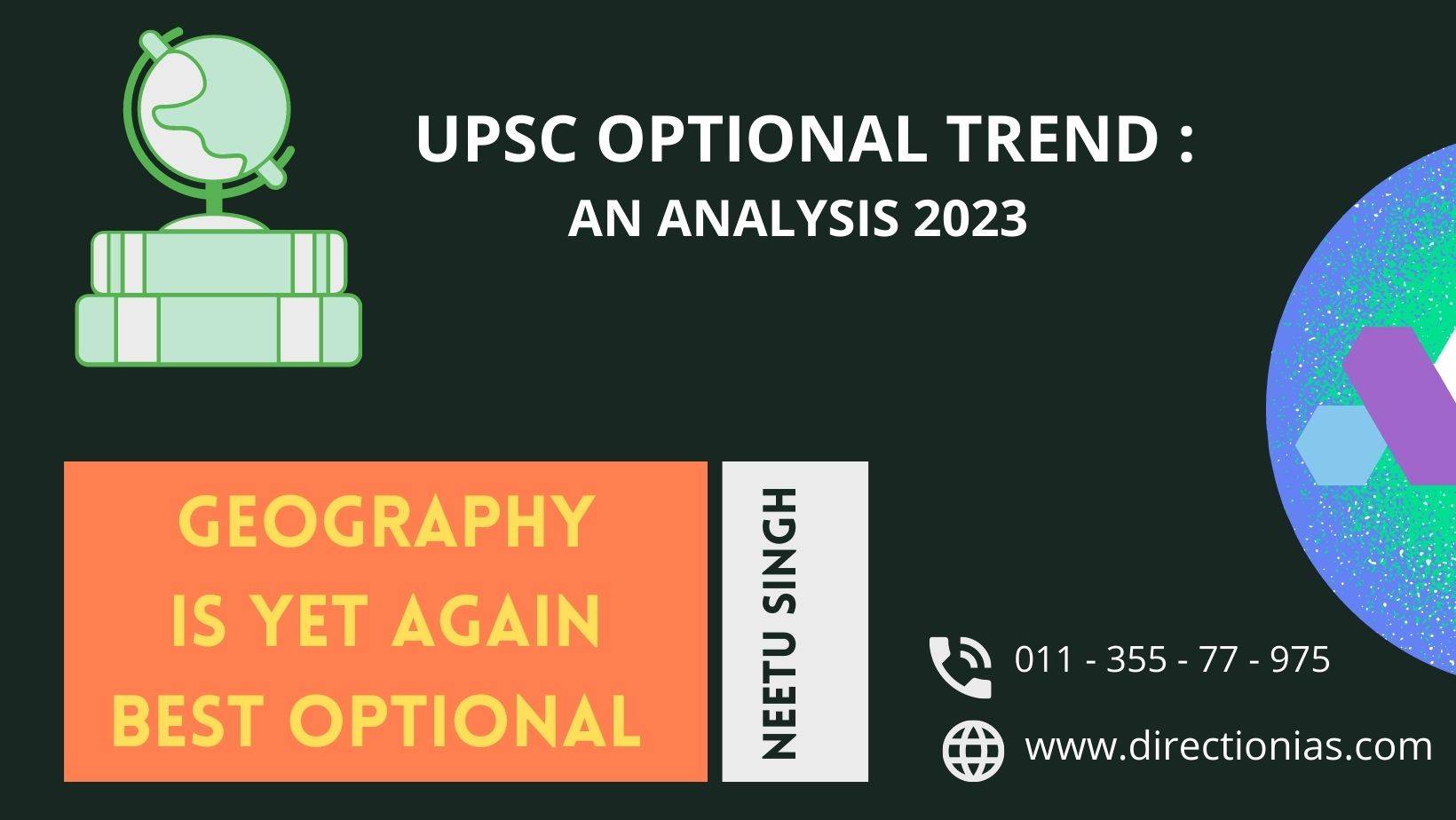The study of Geography is about more than just memorizing places on a map. It’s about understanding the complexity of our world appreciating, the diversities, and in the end, it is about using all that knowledge to crack Optional and GS requirement.
‘Geography is the subject which holds the key to our future.’ As “Geography is Everything & Everything is Geography!!”
Technically the content matter of Geography has three approaches, viz.
- Theoretical –Geographical Thought and Physical Geography build up the theoretical and ideological foundations of Geography.
- Methodological – Methods applied for Geographic studies i.e. integration of content matter to strengthen the methodological and quantitative foundations of Geography.
- Systematic Approach –Environment and Ecology, Human Geography address the contemporary issues in Geography
Geographers strive to understand Earth’s surface and the processes that shape it, the links between humans and the natural environment, and the spatial linkages among humans and their activities. The geographer is concerned with the how, why, and where of these reciprocal relationships.
Geography as an Academic Discipline
The word geography originates with the Greek words geo, meaning Earth, and graphia, meaning to write about or describe. Literally, geography is the description of Earth. On the surface, this definition seems pretty straightforward, because “description of Earth” seems to indicate that geography is concerned with the “what of where”—the location of the world’s mountains, rivers, deserts, countries, cultures, and so on. But with any discipline, geography is not so simple. There multiple, and oftentimes complex, ways to describe the earth and the people who inhabit it.
Geography is both very old and fairly new. In one sense, geography is as old as humanity itself. Knowledge about Earth was as much about survival to our ancient ancestors as it was about curiosity. The scholarly origins of geography can be traced to ancient Greece. In the other it is evolving everyday
Geography is a true liberal art in that it spans the natural sciences, the social sciences, and the humanities.
Generally, the field breaks down into two main sub-areas: the examination of spatial patterns and processes in the natural world, and in the examination of spatial patterns and processes of people. Thus geographers oftentimes describe themselves either as “physical geographers” or “human geographers.”
Physical geographers examine Earth’s physical processes and how these processes not only transform Earth’s surface but also how they and affect the distribution of ecosystems. Human geographers focus on the patterns of human activity: our settlements, cultures, politics, economics, and countless manifestations of our existence and interaction.
Geography is also spatial. By spatial, it mean that geographers study the connections between people and the environment in the context of physical space and through time.
Geography is concerned with places and regions. Geographers are keenly aware how our lives and identities are connected to individual places and to regions. Because the term “region” is used frequently, it is worth discussing its use in geography. In one sense, regions are a way for geographers to organize information. Regions are defined by spatial criteria. They occupy space and are defined by internal characteristics.
There are formal regions which are defined by internal homogeneity, like German-speaking Europe or the Corn Belt. We have functional regions, which are defined by interaction between a core location or activity and the surrounding hinterland.
Geography is concerned both with environment and society. We study the reciprocal linkages that exist between humans and the environment. We study how physical systems affect humans, such as the impacts of Hurricane the earthquake/tsunami events .
Themes of Geography.
- Location – specific location, where?
- Place – unique properties of a place
- Movement – diffusion, communications
- Region – an area’s uniform characteristics
- Human-Earth Relationships – human interaction with the environment
The first area of inquiry is how to understand and respond to environmental change.
- How are we changing the physical environment of Earth’s surface?
- How can we best preserve biological diversity and protect endangered ecosystems?
- How are climate and other environmental changes affecting the vulnerabilities of human—environmental systems?
The second area of inquiry is how to promote sustainability.
- How and where will 10 billion people live?
- How will we sustainably feed everyone in the coming decade and beyond?
- How does where people live affect their health? Added to this question is how the interconnectedness of people affects health—particularly in the context of regional and global health epidemics.
The third area of inquiry is how to recognize and cope with the spatial reorganization of economy and society.
- How is the movement of people, goods, and ideas transforming the world?
- How is economic globalization affecting inequality?
- How are geopolitical shifts influencing peace and stability?
Each of these questions is broad and complex. In order to answer any of them, one not only needs a broad, strong background in the liberal arts, one needs geography. Geography is a bridge connecting the liberal arts, and geographic inquiry will be particularly relevant for researchers and policy makers grappling with these issues.









